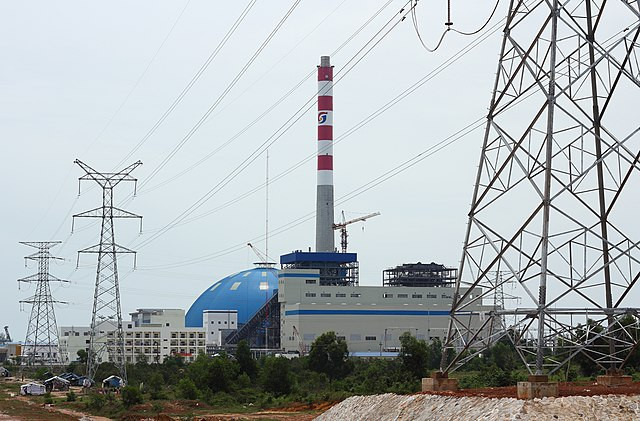A massive power outage swept across Spain, Portugal, and parts of southern France on Monday, disrupting transportation, shutting down airports, and plunging millions into uncertainty as officials scrambled to restore service and determine the cause.
Portugal's grid operator Redes Energéticas Nacionais (REN) said that electrical supply was lost across the entire Iberian Peninsula shortly after midday, while Spain's national grid operator Red Eléctrica reported severe disruptions across the country. Spanish Prime Minister Pedro Sanchez said at a press conference Monday evening that the cause of the outage remained unknown, adding, "We are working on knowing the origins and the reason of this incident."
The blackout crippled public infrastructure across the region. Traffic lights went dark, causing massive congestion in cities such as Madrid, Lisbon, and Barcelona. Airports were severely impacted, with Lisbon's Humberto Delgado Airport reporting the highest number of canceled and delayed flights globally, according to FlightAware. Barcelona-El Prat and Madrid-Barajas airports also saw significant delays.
"I was driving and suddenly there was no traffic lights... It was a bit of a jungle," Luis Ibáñez Jiménez told CNN while describing the traffic chaos in Madrid. Madrid's mayor, José Luis Martinez Almeida, urged residents to stay off the roads and clear the way for emergency responders. Madrid's emergency services also called for a national emergency declaration, while local officials requested military assistance.
Public transportation systems were thrown into disarray. Subway systems in Madrid and other cities abruptly halted operations, leaving commuters stranded. Video footage showed darkened subway cars and taped-off station entrances. Spain's transportation minister said medium and long-distance trains would not resume until at least Tuesday.
The blackout also forced cancellations at the Madrid Open tennis tournament. Organizers suspended matches "in order to guarantee the safety of the players, fans and personnel," according to a tournament statement.
Portugal's Prime Minister Luis Montenegro said that initial assessments suggested the disruption originated in Spain. He added, "Everything indicates" that the problem started in Spain, but emphasized that the exact cause remained under investigation.
Despite the extensive disruptions, some critical infrastructure continued to operate under emergency protocols. Spain's nuclear facilities were declared safe, and hospitals switched to backup generators. Portugal's National Institute for Medical Emergencies activated contingency plans to maintain telephone and IT systems.
Red Eléctrica said that restoring the grid would be a "complex operation." Eduardo Prieto, director of system operations at the Spanish utility, told broadcaster La Sexta that full restoration could take "six to ten hours, if everything goes well." By Monday evening, electricity had been restored in 10 Spanish regions and parts of Portugal, though significant pockets remained without power.
The incident affected not only Iberia but parts of southern France as well. Emilie Grandidie, a spokeswoman for French electricity transmission operator RTE, reported a brief outage in the French Basque Country, stating, "It lasted only a couple of minutes and was restored very quickly."






